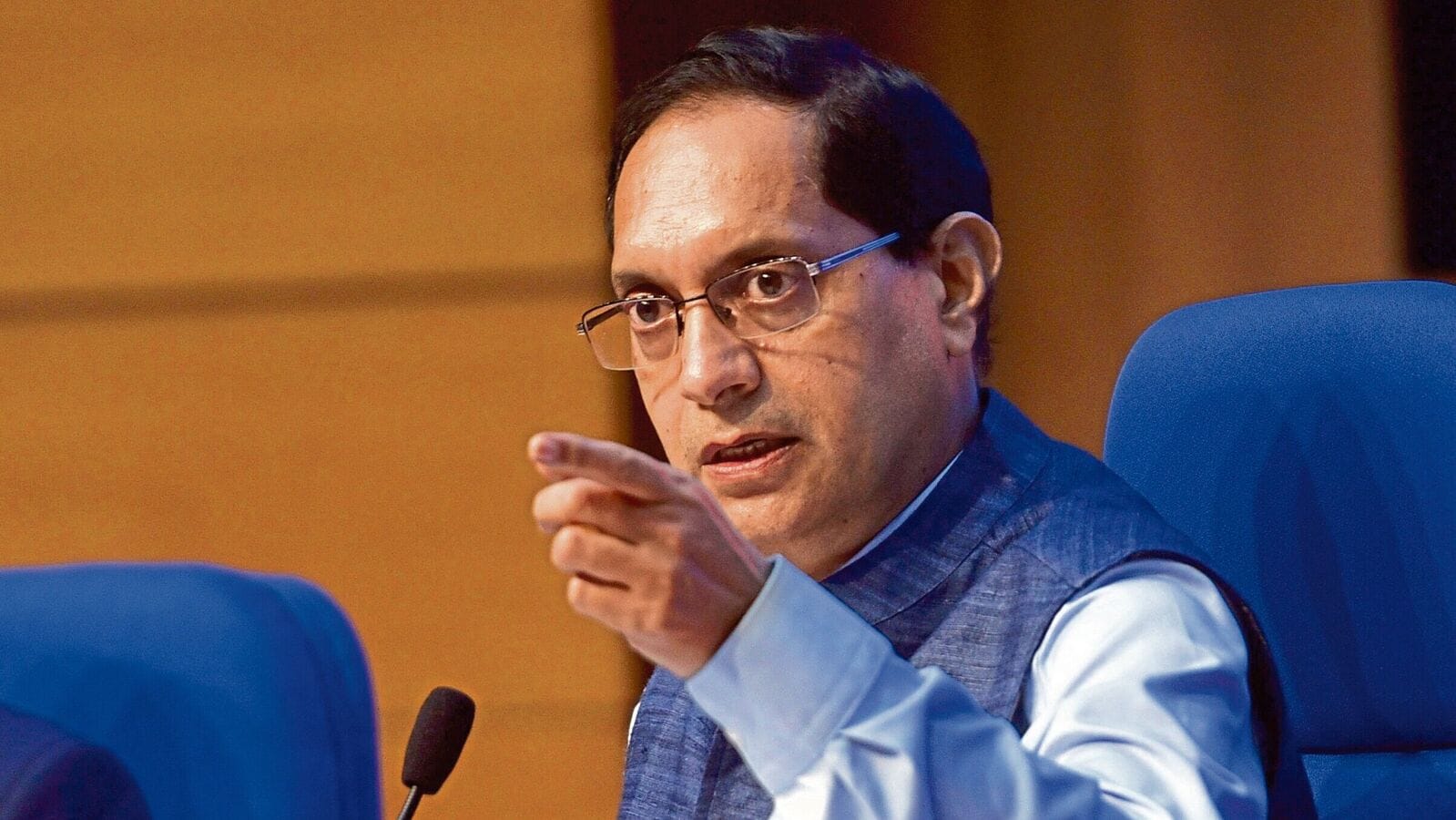In a recent interview, Tuhin Kanta Pandey, the head of the Securities and Exchange Board of India (Sebi), firmly dismissed the idea of implementing an aptitude test for retail investors interested in the Futures & Options (F&O) trading segment. He argued that such a measure would not only be impractical but also risk excessive regulatory interference. This statement comes in light of previous initiatives introduced by Sebi to mitigate rampant speculation in derivatives, following a revealing study that indicated a staggering 90% of retail investors incur losses in F&O trading.
Regulatory Oversight on Retail Trading
When questioned about the industry’s proposal to require aptitude tests for retail investors before they can engage in high-risk derivative products, Pandey made it clear: “Currently, we’re not seriously considering anything like that.” His remarks highlight the challenges associated with enforcing such measures, raising concerns about both practicality and regulatory overreach.
- Key Points of Concern:
- The feasibility of implementation for millions of retail traders.
- The potential for a slippery slope, where other financial products might also require similar testing.
- The importance of individual autonomy in managing personal finances.
Individual Choice and Financial Responsibility
Pandey emphasized the necessity of allowing individuals to make their own financial decisions. “We must respect the choice regarding how people handle their finances,” he stated, while also discouraging the use of leverage in trading. He underscored that while Sebi has established systems to prevent fraud, the responsibility ultimately lies with the individual trader.
Addressing Misconceptions About Fraud
The Sebi chief also addressed public perceptions surrounding fraud in the financial markets. He pointed out that while there may be isolated incidents, the regulatory framework comprises numerous checks and balances. “The exchanges act as first-line regulators, with extensive disclosures and audits in place,” he explained.
- Key Highlights:
- Anecdotal evidence can skew public perception of market safety.
- The focus should be on the actual number of fraud cases rather than isolated incidents.
- Sebi takes insider trading seriously and investigates cases thoroughly.
The Psychology of Trading and Risk
Pandey drew attention to the psychological aspects of trading, likening risky behaviors to addiction. He stated, “Just as people ignore health warnings about smoking, traders sometimes overlook the risks associated with F&O trading.” This acknowledgment of the potential for trading to become compulsive highlights the importance of education and awareness in the financial landscape.
The Stance on Leveraged Trading
In his closing remarks, Tuhin Kanta Pandey reiterated Sebi’s position against leveraged trading due to its inherent risks. “In India, we do not permit leveraged buyouts, and even in the Alternative Investment Fund (AIF) sector, we maintain strict regulations,” he noted. This approach reflects a commitment to safeguarding investors while respecting their autonomy in a democratic society.
In summary, while the possibility of aptitude tests for retail traders has been shelved for now, Sebi remains focused on promoting responsible trading and reinforcing the regulatory framework to protect investors.











